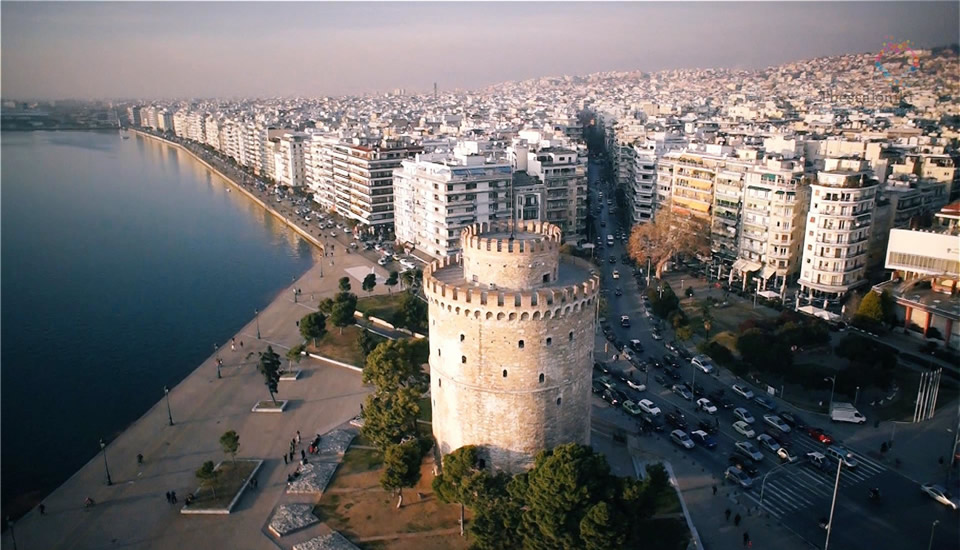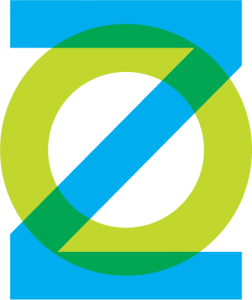This year dialoggers are examining the next day for Greece after debt crisis. Thessaloniki as an entrepreneurship hub and its role in the Balkans. A productive dialogue between young journalists from Greece and Germany. Aristotelous Square. The Ancient Greek philosophy and the common European history unite Greek and German journalists. The Greek crisis had caused an anti-German frenzy on the one hand and the mischaracterization of Greeks as “lazy” on the other, which are now replaced by a partnership between both parts. Seven Greek and seven German young journalists explored the next day’s opportunities for Greece and Thessaloniki at the 7th Greek-German Journalists’ Workshop of dialoggers of the Konrad Adenauer Foundation in Thessaloniki. Young entrepreneurship and start-ups The start-up community in Thessaloniki is making its first steps. The emergence of incubators for start-up businesses, such as the Alexander Innovation Zone or the OK!Thess ecosystem, provide opportunities for their development. ‘‘Twenty-three start-up groups in Thessaloniki are in the process of looking for funding, four are negotiating with buyers and five are already members of the Greek market. In total, they have received €300,000 in funding, which at the moment is very satisfactory for Thessaloniki’’, mentions Marinos Tzotzis from the Greek side. Young people’s modern businesses that focus on electrification, job placement, cultural guided tours are trying to spark a new sense of optimism against the misery caused by the financial crisis. ‘‘In Greece things are changing at a very slow pace and failure has only a negative imprint, while it can be a springboard to something successful in the future. Operating costs are high for businesses and that is why some people do not even take the first step’’, points out the young Greek journalist. His opinion is also shared by his research associate, Vera Lohner: ‘‘It is inconceivable that there is no change in tax policy in Greece. The advance tax is in fact preventing young people from creating their own businesses’’, she says adding that ‘‘something else needs to be done, there are solutions.’’ The role of Thessaloniki in the Balkans A city that is not looking towards the South but towards the Balkans is perhaps an opportunity for Thessaloniki. Much has been written in the past as well as nowadays about its transformation into the metropolis of the Balkans. The lower tax rates in the neighbouring Balkan countries are relocating Greek businesses there and are hindering the growth potential. ‘‘There are comparative advantages in the city that can help it regain its role in the Balkans. To achieve this, all areas need to help: politics, education, entrepreneurship as well as citizens’’, stresses Sophocles Geroulis, one of the participants in the workshop of dialoggers. ‘‘I realized that the target was there. However, does its shift towards the Balkans mean turning its back on Europe?’’, wonders Marlene Brey speaking to Deutsche Welle. More Europe and deepening The work of young journalists took place in groups of two people. The sources they used were the same, but the final result is different and will be presented in detail in Greek as well as in German containing text and video in the next few days on the dialoggers blog. ‘‘You cannot explain what is really going on with the crisis through shortened and simplified news, it takes time and analysis is needed. This is not what was happening in the media in the past few years and this has exacerbated the relations between Greece and Germany’’, says Jochen Markett, editor-in-chief of the workshop on the German side. The collaboration of journalists is perhaps more necessary than ever. ‘‘We need cooperation, especially on complex issues that are about to separate Europe. In my opinion, we need to establish a European newsroom’’, thinks Elina Makri, who was the editor-in-chief on the Greek side. Dialogue, research and collaborations are therefore what is required by us to better inform the citizens. Diogenis Dimitrakopoulos, Thessaloniki


